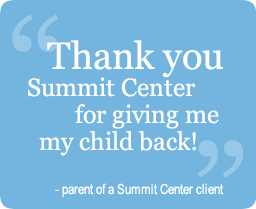When I was young, I distinctly remember being afraid of killer bees. What will happen to my family and me? What if killer bees attack me? Will I die? These are not comforting thoughts when you are a child. They are scary. Really scary. Well of course we weren’t attacked by killer bees and eventually I’m grew up and forgot all about this fear.
Fast-forward to last night at the dinner table with my family and the topic of this year’s flu. My kids felt real fear and real worry.
At the dinner table, my wife and I were calm. We explained the facts. We listened. We know with the reports of the flu dominating the news that similar scenarios are taking place at dinner tables, during bedtime rituals, and around the lunch table in school. What should parents do?
First, our current situation with the flu is very scary to think about for some children and teens. Our job as parents is to help our children deal with worrisome information by understanding how they think and process information at this formative time in their lives, and by giving them information they need to manage their thoughts and worries while remaining engaged in life and sticking to regular routine living.
Based on my work with families and my own personal experiences, I suggest:
• Think about how your children think about “worry” events based on their age and maturity
• Filter information based on their age and maturity level
• Minimize watching the news, listening to the radio, screen time and monitoring internet news and images
• Respond to their questions calmly and with the minimal amount of information necessary
• Give facts that are helpful and reduce fear such as the likelihood of the event occurring and how it is transmitted
• Offer reassurance as needed
Whether it is killer bees, economic collapse, or Ebola, there will always be something that can cause worry in young people. The goal is to give our children the tools to deal with the worry right now and shut down the fear. The unexpected curve balls of life will keep coming but we can win the fear game.
This piece originally appeared in Diablo Gazette, and is based on earlier work by Dr. Peters. Image: Free from Pixabay


